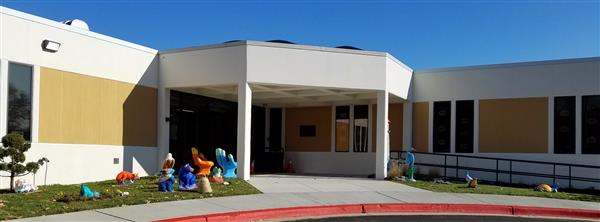** This webpage is provided for informational purposes. It is not legal advice. **

Homeschool co-ops have existed in Maryland for decades. Originally, co-ops were created by families who meet once or twice a week to learn together. Parents volunteered to create and teach classes. There would be social time afterwards.
Over the years, some co-ops transformed into much more committed endeavors. Today, some co-ops require families to pay tuition, purchase specific books, and follow an explicit curriculum for an entire year. What once was seen as an informal way of supplementing a family’s home instruction has become much like a micro-school.
Why Does It Matter?
Maryland law expressly defines what a school is AND who can use words like “school” and “academy” in their name.
COMAR 13A.09.09.02.B(12) defines a "school" as:
[A]n educational program that is provided for an organized group of students, at least two of whom do not have the same parents or legal guardians and at least two of whom are not being instructed on a regular daily basis by the students’ parents or legal guardians, that is governed and operated by a legal authority, excluding the federal government or any State, county, or municipal agency or division of these.
So, what does this mean in plain-speak?
- 20 homeschool families who meet once a week for 2-hours of enrichment learning participate in a co-op
- 2 families who meet 4-days a week to share all their classes together would likely be considered a school
If You Run a Co-op
In June 2020, the Maryland State Department of Education published new Frequently Asked Questions about homeschooling. Question #9 addresses the use of co-ops by homeschool families. In the document, MSDE advises parents that the state may “may take action against the operator(s) of the co-op” if the co-op is found to be proving regular instruction to children who are not in the same family. According to the MSDE document, co-ops who only offer supplemental instruction in addition to a family’s primary instruction at home are not at risk of adverse action.
Co-op directors should contact the Nonpublic Approval Branch of the Maryland State Department of Education for additional information on whether or not they should register as a church-exempt or registered nonpublic school.
Last modified on September 5, 2023




